
Why Proper Screening for ADHD in Childhood Leads to Effective Early Intervention
Early ADHD screening empowers children with support for growth and success.
Detecting ADHD early in children is a step that can lead to significant improvements in their lives. Proper screening allows for timely interventions, which can help children overcome challenges related to attention-deficit/hyperactivity disorder. When you identify ADHD in childhood, you open doors for support in academic, social, and emotional development, setting your child on a path to success.
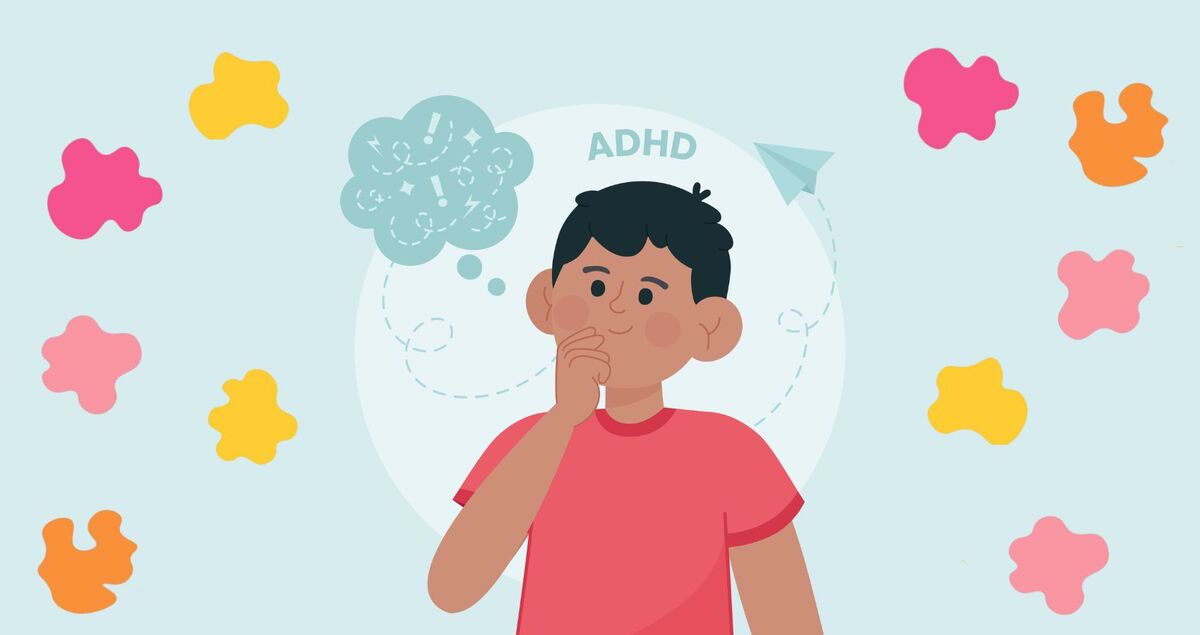
Early intervention can prevent many potential hurdles as children grow. With the right support, kids can develop skills to manage their symptoms and build resilience. Accessing services like a Virtual ADHD consultation in California could be a convenient way to get expert help for your child from the comfort of your home.
The rise in awareness about ADHD has made it easier for parents to find resources for evaluation and assistance. Addressing ADHD with proper screening and intervention can make a huge difference, not just for the child but also for the family as a whole. With access to the right care and guidance, children with ADHD can thrive in various aspects of their lives.
Importance of Early Detection in ADHD
Early detection of ADHD in children can significantly improve their developmental outcomes. It helps target interventions more accurately, leading to better academic and social experiences for children.
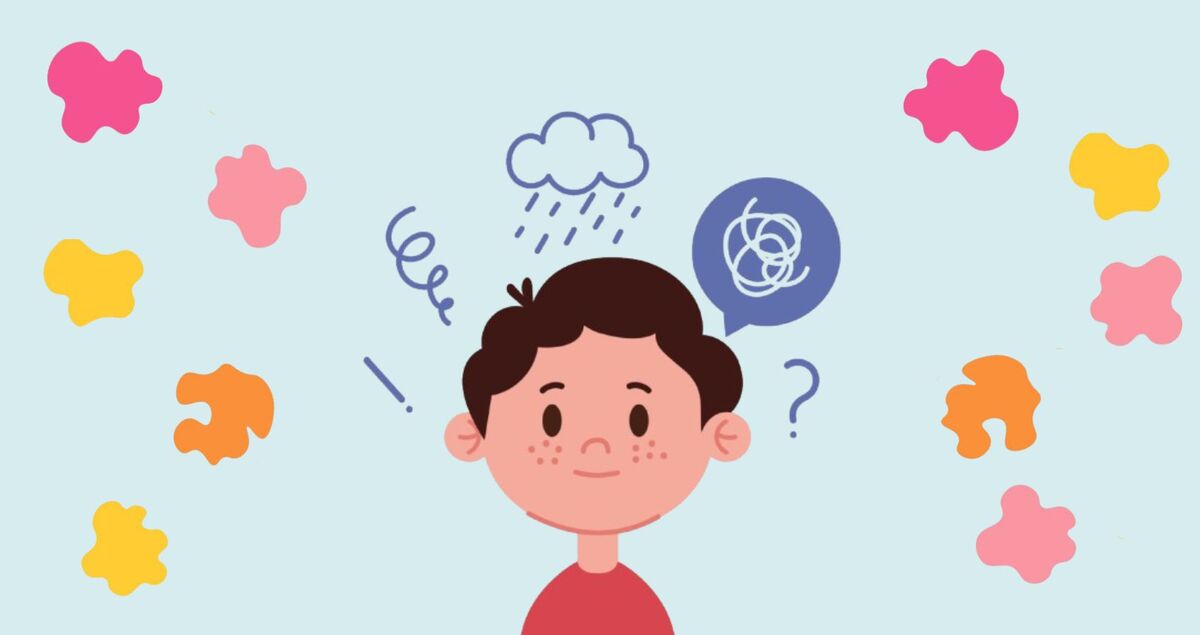
Identifying the Early Signs of ADHD
Recognizing the early signs of attention deficit hyperactivity disorder (ADHD) can be challenging. Children may show signs such as impulsive behavior, difficulty in staying focused, and excessive energy. These behaviors can often be seen in preschool children but might be mistaken for typical childhood activities. By closely observing a child's behavior and comparing it to typical developmental milestones, you can better identify symptoms of ADHD. Knowing these early cues can lead to a prompt evaluation and pave the way for support systems that benefit the child’s growth.

Benefits of Timely Diagnosis
A timely diagnosis of ADHD offers numerous advantages. Early diagnosis allows for interventions that greatly assist a child in their education and social life. Children diagnosed early can benefit from targeted activities that improve focus and behavioral strategies that aid in managing their condition. This can increase their chances of succeeding in school and forming positive relationships. Timely diagnosis helps customize support to a child's specific needs, allowing for a more personalized approach that can lead to long-term success.

Challenges in Recognizing ADHD Symptoms in Preschoolers
Identifying ADHD symptoms in preschoolers presents unique challenges. At this age, children are naturally active and curious, which can overshadow signs of ADHD. Many parents and educators may dismiss these symptoms as typical developmental behavior, delaying the realization that a deeper issue might exist. Additionally, the variability in development from one child to another can complicate efforts to pin down early ADHD signs. Recognizing these signs requires careful observation over time. Engaging experts who can evaluate these behaviors in the context of normal childhood development is important for distinguishing between ADHD symptoms and normal behavior.
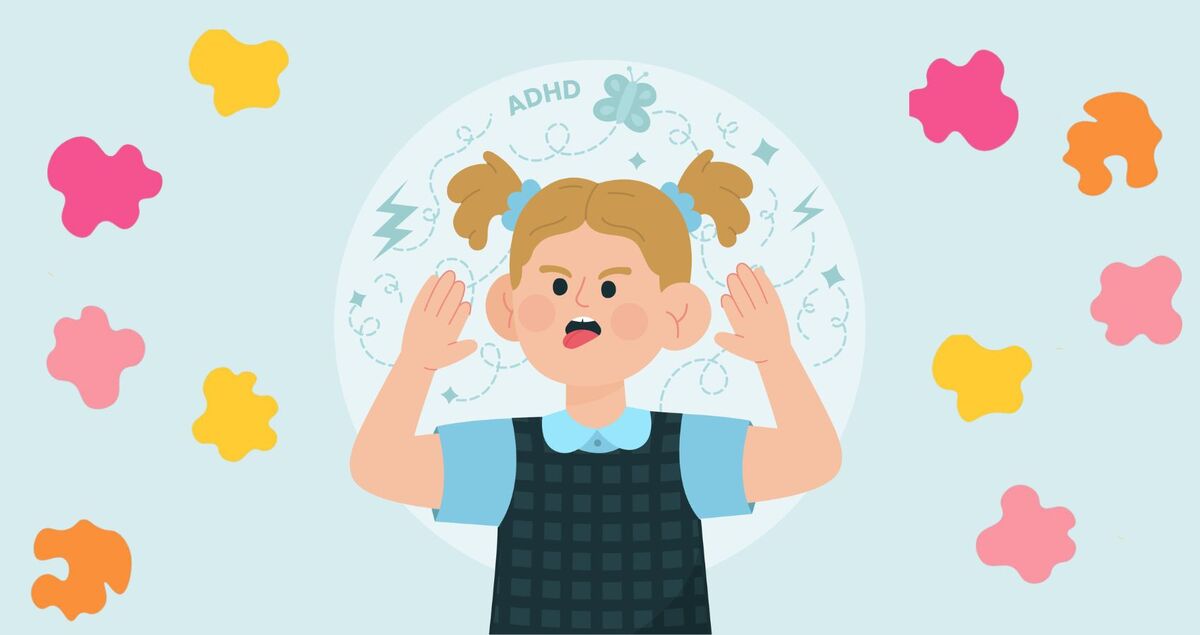
Intervention Strategies for ADHD in Children
Understanding the right strategies can make a big difference in helping children with ADHD. It involves evaluating effective treatments, involving parents in the process, and keeping up with the latest programs for early care.
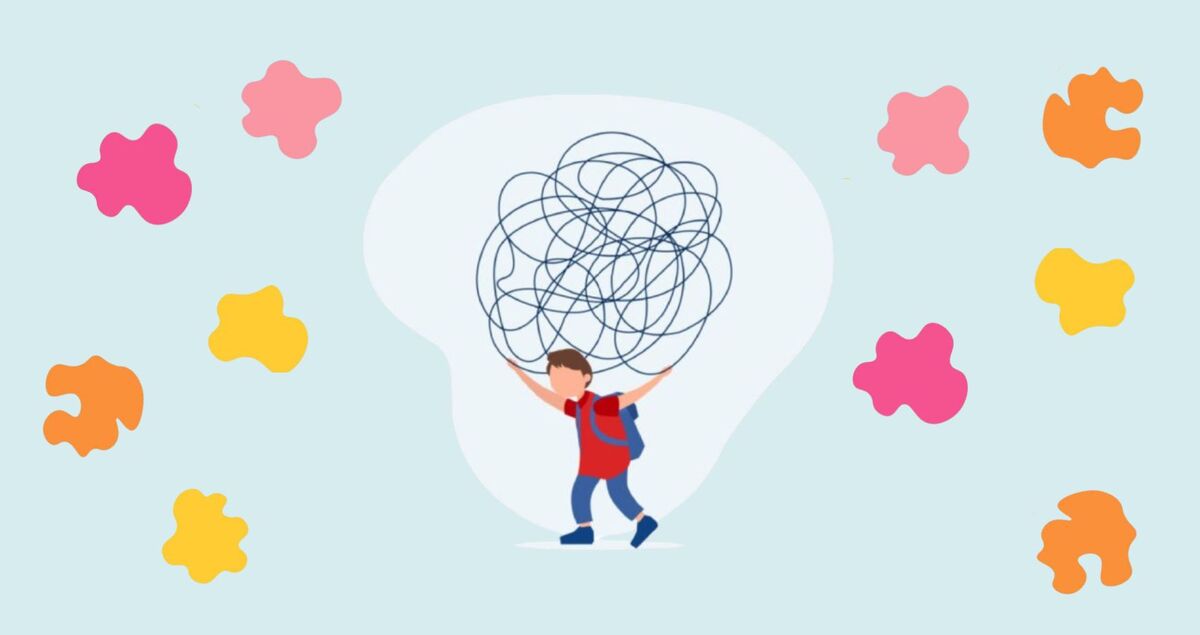
Evidence-Based Treatment Options
When tackling ADHD, choosing treatments with strong backing in research is important. Behavioral interventions are one such option. These focus on changing negative behaviors into positive ones through techniques like reward systems.

Medication is another aspect. Stimulant medications are commonly prescribed because they can help manage symptoms. Each child may respond differently to these treatments, so regular monitoring by healthcare professionals is needed. Incorporating evidence-based interventions helps in providing structured support for children.
Role of Parent Training and Education
Parents play a key role in managing ADHD. Training programs help them learn about the condition and effective strategies to support their child. Structured strategies like behavioral techniques allow parents to address challenges at home.

Programs such as the Incredible Years guide parents in using positive reinforcement and setting clear expectations. Education can lead to a better understanding of ADHD and empower parents to participate actively in their child's care. Having informed parents can make the treatment process smoother and more effective.
Advancements in Intervention Programs
New programs are continually emerging to improve ADHD intervention. Schools now offer various behavioral approaches, including teacher-led initiatives to improve classroom behavior and academic performance.

Technological advancements, such as digital apps and tools, help monitor behaviors and track progress. These innovations provide personalized feedback and can be integrated into daily routines. Research in early detection and intervention programs is ongoing, aiming to address ADHD symptoms before they become severe.
With these advancements, it's possible to tailor interventions more effectively to meet each child’s unique needs.
Conclusion
Proper screening for ADHD during childhood is a key step in helping children reach their potential. When ADHD is identified early, children can receive support that addresses their unique needs. This minimizes challenges in academic and social settings.
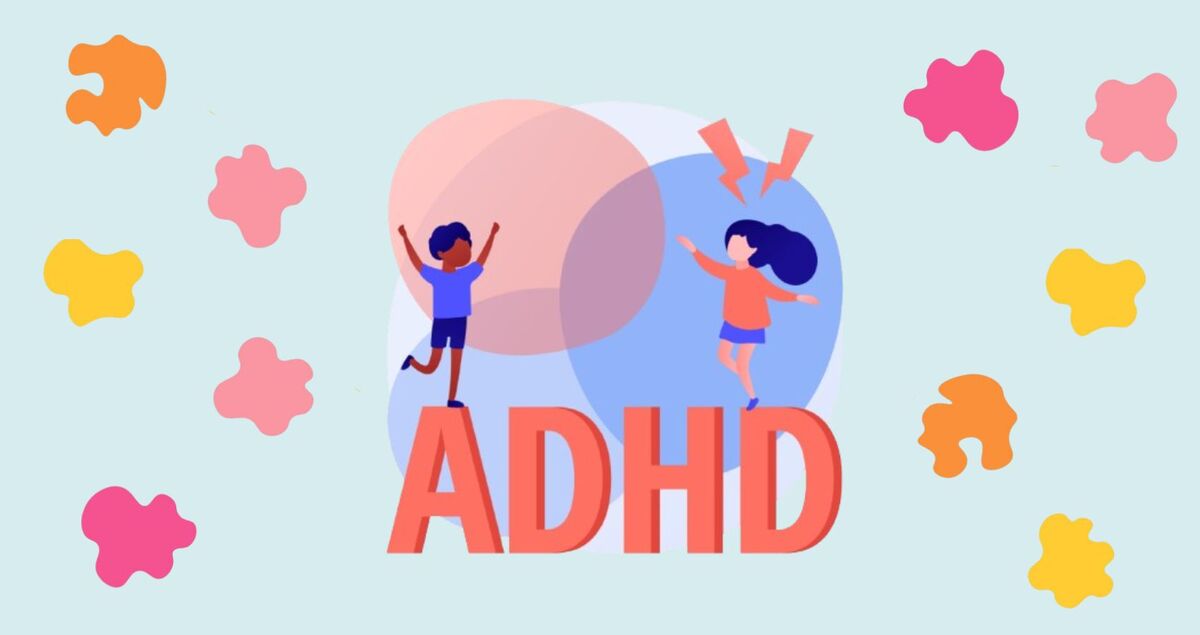
Introducing strategies early can make a big difference. These methods help children manage their symptoms effectively. It also supports parents and educators in creating a nurturing environment for development.
Early intervention lays a foundation for a brighter future. Children gain skills that promote success both in school and at home. By addressing ADHD early, you open doors to a more positive and productive journey.











